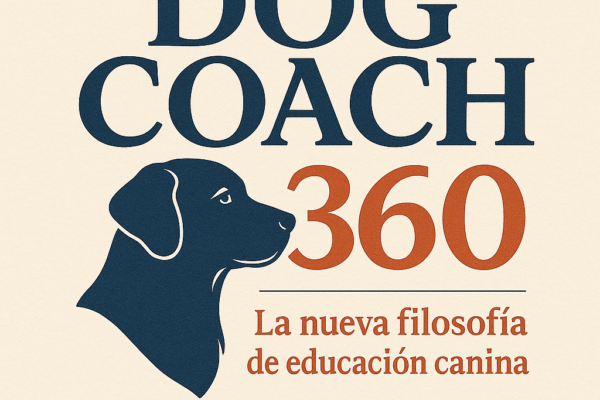A comprehensive rehabilitation plan combines diagnosis, routine changes, physical and mental stimulation, guided socialization, and direct work with the family. In #SiegbertTill's #DogCoach360, we work 60% of the time with tutors and 40% with dogs, achieving real and lasting changes in behavior and coexistence.
A professional portfolio in the canine field reflects experience, success stories, and the progress of your work. It includes testimonials, certifications, videos, and visible results. It's a key tool for building trust, demonstrating credibility, and attracting new clients seeking responsible and professional solutions for their dogs.
Supervised practice is key to dog training, as it allows theory to be applied in real-life scenarios under professional guidance. It ensures immediate corrections, strengthens the trainer's confidence, and guarantees safe and effective learning. It bridges the gap between acquired knowledge and transformative practical experience.
Preventing future problems relies on building strong parenting habits, establishing clear routines, and fostering a balanced environment from the start. Anticipating emotional or behavioral difficulties helps strengthen bonds and ensure well-being. Learn dog training.
A dog's mental processes include perception, memory, learning, emotions, and decision-making. They interpret stimuli from the environment and respond based on previous experiences and their emotional state. Understanding how they think and feel allows for improved training, prevention of behavioral problems, and strengthening the human-canine bond with respect and empathy.
Projection and future planning in the canine business allow for growth with a clear vision and defined objectives. It involves setting realistic goals, innovating in services, strengthening the brand, and anticipating trends. Strategic planning ensures sustainability, a positive impact, and continued expansion in canine education and well-being.
Key points ensure that the knowledge acquired in dog training is transformed into practical and lasting skills. Reviewing concepts, repeating exercises, and reinforcing achievements helps consolidate learning, overcome doubts, and gain confidence. Thus, owners and dogs move confidently toward a balanced and happy coexistence.
Resolving challenging dog training situations requires calmness, knowledge, and effective strategies. Addressing problems such as anxiety, aggression, or lack of control with professional methods strengthens the trainer's confidence and improves the human-dog relationship. Each challenge overcome translates into mutual learning and growth.
🌟 Presentation of the Course “Simple Solutions to Common Dog Behavior and Training Problems” In this course, inspired by Siegbert Till's book, you will learn to understand and transform your dog's behavior with clear, practical, and effective techniques.
Modern dog training uses positive reinforcement, clicker training, early socialization, and environmental enrichment. These techniques foster confidence, balance, and obedience without punishment. With #SiegbertTill's #DogCoach360 philosophy, we work more with trainers than with dogs, achieving real change. Learn dog training.


